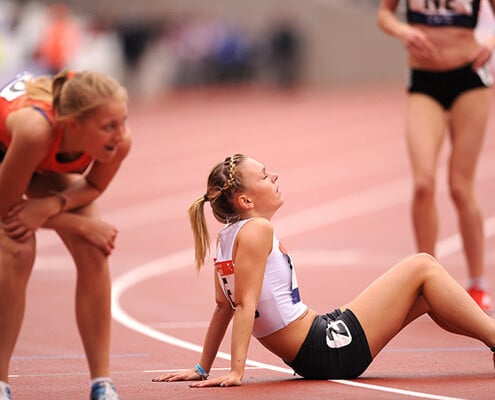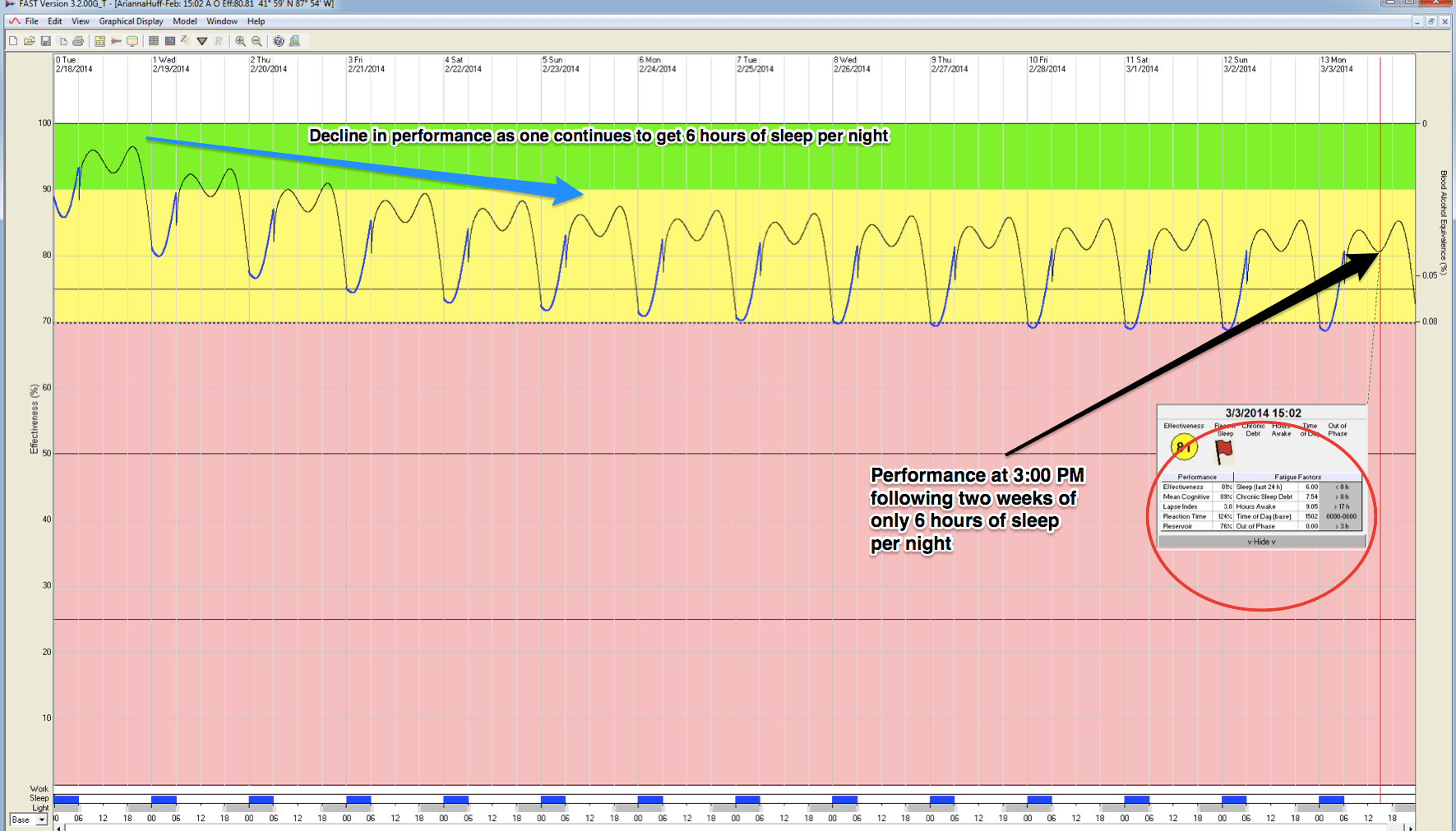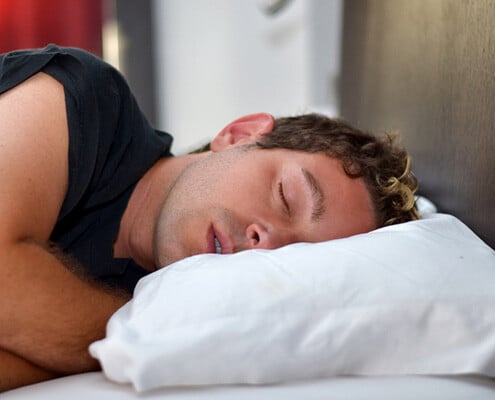In a recent Psychology Today article, Mark Wolverton, suggests that when it comes to sleep deprivation, the gravest danger is “that we no longer realize just how tired we are”.
Mark has a point. Our own sleep and fatigue expert, Pat Byrne, often talks about the unfortunate realities of habitual sleep deprivation – pointing out that getting four to six hours of sleep a night may start to feel normal, but it doesn’t change the biological need to sleep eight. The accumulating deficit of sleep is evident in reaction and performance tests, even though participants might think they feel fine. Pat often sees professional athletes with whom he works confuse how they feel with how they perform. There is a difference.
In a society that would never consider getting behind the wheel of car after a few drinks, people are driving their cars with impaired levels of fatigue. In the US, fatigued driving is estimated to be responsible for 6,000 fatal road accidents annually. The problem is an international one – in the UK, it is estimated that 1 in every 5 road accidents is fatigue related. Southern Australia also reports 30% of fatal crashes and 15% of serious injury crashes are caused by fatigued drivers. The problem? Fatigue impairs not only our reaction time, but our “ability to judge our own level of tiredness”.
On a much less dangerous level, college and university students who stay up late to study are doing themselves an academic disservice. Multiple studies, including one from Harvard, have demonstrated that fatigue negatively affects the brain’s cortex – which is where information is stored. ‘Night owls’ and students who routinely deprive themselves of eight hours of sleep may think they are functioning well, but studies show that those who are staying up late to study or getting less than eight hours of sleep have lower GPA’s than those who sleep when and how biology dictates they should.
If you’re sitting down to tackle a thesis paper, researching for your next corporate presentation, driving home from work or heading out on a road trip, don’t think about how you’re currently feeling, think about how much sleep you’ve been getting lately. If it’s less than eight hours nightly for the last week, chances are it’s not enough to function at your most effective.
Finally, consider this: Drowsiness is actually the ‘brain’s last step before falling asleep‘, so waiting for the feeling of tiredness is both counter-productive and downright dangerous. Drinking a coffee or opening a window for fresh air may seem like a good way to battle the onset of fatigue, but research shows that if you close your laptop to get some shut eye, you’re likely to perform better and if you park your car and get some sleep, you may actually save a life.
Interested in learning more about data-driven fatigue management?
or download our free eBook on the Science of Sleep for industrial workforces



